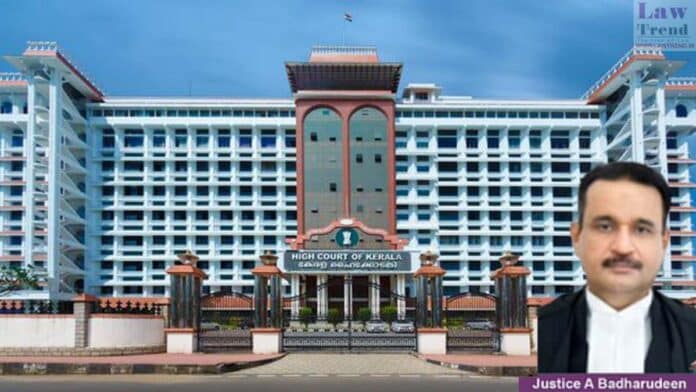In a recent judgment that has implications for the interpretation of criminal law in marital contexts, the Kerala High Court quashed the charges under Section 377 of the Indian Penal Code (IPC) against Sayyid Imbichi Koya Thangal, a prominent figure and President of Mujammau Ssaqafathi Ssunniya. The case, Sayyid Imbichi Koya Thangal @ Bayar Thangal
To Read More Please Subscribe to VIP Membership for Unlimited Access to All the Articles, Download Available Copies of Judgments/Order, Acess to Central/State Bare Acts, Advertisement Free Content, Access to More than 4000 Legal Drafts( Readymade Editable Formats of Suits, Petitions, Writs, Legal Notices, Divorce Petitions, 138 Notices, Bail Applications etc.) in Hindi and English.




